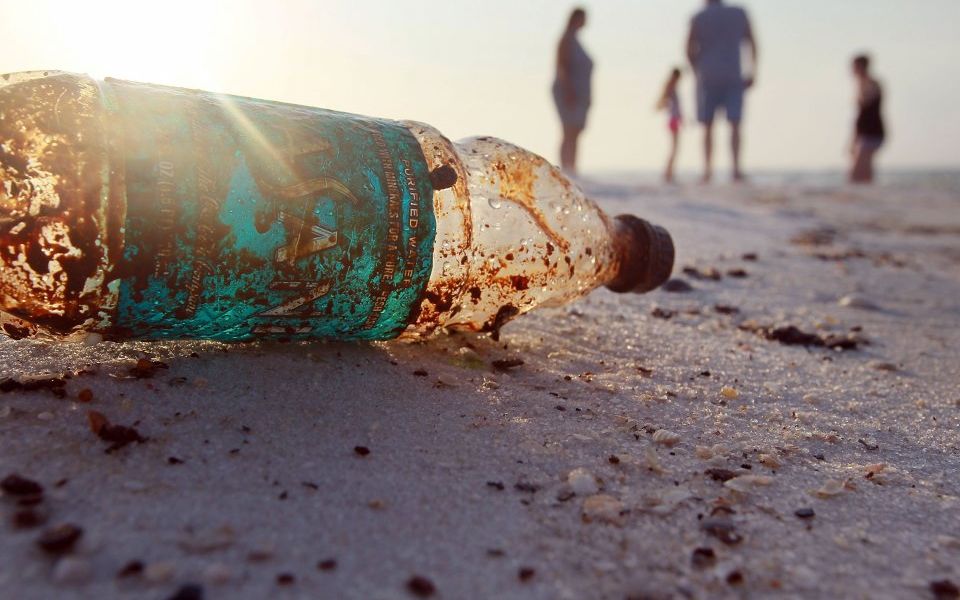The planet’s plastic addiction is hurting our oceans, so we all must reduce, reuse, and recycle

Friday was a good day for our oceans and its inhabitants. That’s because it was the UN’s World Oceans Day, when people around the planet could focus their attention on preventing plastic pollution in our waters, and encouraging solutions for change.
For businesses like First Mile – whose purpose is to help businesses recycle as much as possible – it was also a day to highlight the need for change on our own doorstep.
The images shared on Blue Planet II are still fresh in our minds, so I’m confident that World Oceans Day 2018 will have driven more online buzz than ever. But among the positive reactions, pacts, and promises of imminent (and excellent) deposit return schemes, the reality is that we’re still producing more plastic than ever before.
Read more: We meet the man on a mission to tackle the UK’s plastic addiction
In fact, it’s predicted that by 2050, if we continue to do nothing, there will be more plastic in the ocean than fish. A sobering statistic that is often too removed to grasp in everyday life, especially as you stand reading this surrounded by commuters in a stuffy tube carriage clutching your trusty Evian bottle for that much-needed hit of hydration.
So now seems like the perfect time for us all to stop, look at our own impact at home and in work, and find practical solutions that will help to combat our plastic addiction.
Plastic can end up in our oceans for numerous reasons, and indeed your Evian bottle is just the tip of the iceberg.
Around 80 per cent of the plastic that pollutes our oceans comes from land sources due to poor waste management. This results in large, open landfill sites all over the globe, where waste can easily enter our water supply.
The UK has sophisticated waste management solutions, but we still only recycle a pitiful 14 per cent of single- use disposable packaging.
Much of this is down to our choices as plastic consumers. Utopia would mean that we recycle everything that we consume, so nothing spilled into our oceans, but we need to tackle this problem by recycling more of the plastic we consume.
By setting up a recycling scheme properly, both at home and in businesses, we can ensure that more of this plastic is recycled. As our focus is on businesses, we’ve compiled our top four basics that will get your house in order now, and ensure you are making a difference.
Use less
Reduce single-use plastic consumption within your workplace. Encourage staff to use re-usable items – even offer reusable coffee cups or water bottles as staff gifts or incentives.
Give it a wash
If you are using single-use plastics for lunch, introduce a mixed recycling stream to your workplace to collect clean, dry plastics. Give your plastics a rinse after consumption to reduce contamination.
Not all plastic is equal
If you use complex plastic such as coffee cups, coffee pods or toner, start separating and recycling them. This will ensure that they are recycled responsibly, as opposed to being destroyed. There are recycling collection services available on a next-day delivery; you should start using them.
Think about food waste
Start recycling your food waste to further reduce the risk of contamination of your recycling streams. Most services, including ours, will collect your food daily so there’s no excuse for not adopting this habit at work too.
We are committed to helping our customers recycle 90 per cent of all their plastic by 2025, and we’ll be supporting partners who want to minimise plastic and enhance its recyclability to achieve this.
Read more: DEBATE: Is the proposed ban on plastic drinking straws a good idea?